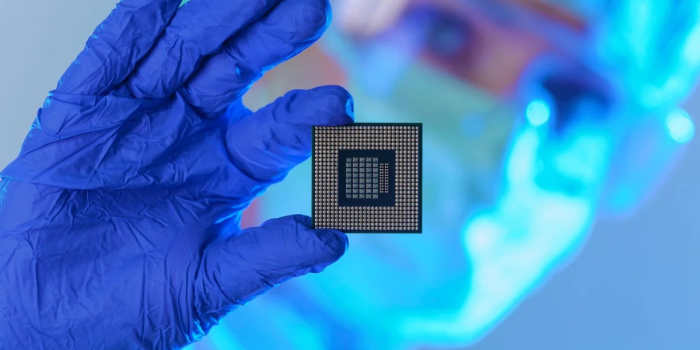Chinese researchers presented two ultra-low-power processors with unsurpassed performance at the IEEE International Solid-State Circuits Conference (ISSCC) 2024, marking a key milestone in AI-based chip technology.
Although AI’s practical utility has been limited, Professor Zhou Jun and his colleagues at the University of Electronic Science and Technology of China (UESTC) have made remarkable strides in reducing power consumption through complex computational and architectural optimizations.
Zhou’s team unveiled two ground-breaking chips at the ISSCC conference, the premier event for the chip design industry. The first chip has excellent offline voice control capabilities and is designed to be integrated into intelligent gadgets. It is superior to voice recognition chips in keyword identification and speaker verification, especially in noisy environments.

To solve typical problems, including excessive wake-up energy usage and recurrent false wake-ups, Zhou’s team created a unique design. The chip delivers unmatched energy economy and accuracy through the use of dynamic computing engines, adaptive noise suppression circuits, and an integrated circuit for speaker and keyword recognition.
With fewer than two microjoules consumed every instance, the chip’s recognition energy usage establishes a new global standard for accuracy and energy efficiency. It has a wide range of uses, which include wearable technology, innovative toys, and smart homes.
In addition, a second device was unveiled to detect seizure impulses in people with epilepsy. This wearable technology, which uses electroencephalogram (EEG) detection to notify users of current seizures, will revolutionize epilepsy management thanks to its exceptional accuracy and energy efficiency.
The researchers developed a zero-shot retraining strategy to overcome the challenges of training AI models with patient seizure data. This allowed them to reach more than 98% accuracy without gathering much data.
The chip’s potential applications in brain-computer interfaces, sleep monitoring, and seizure detection, as well as its versatility, underscore its impact in healthcare and beyond.


